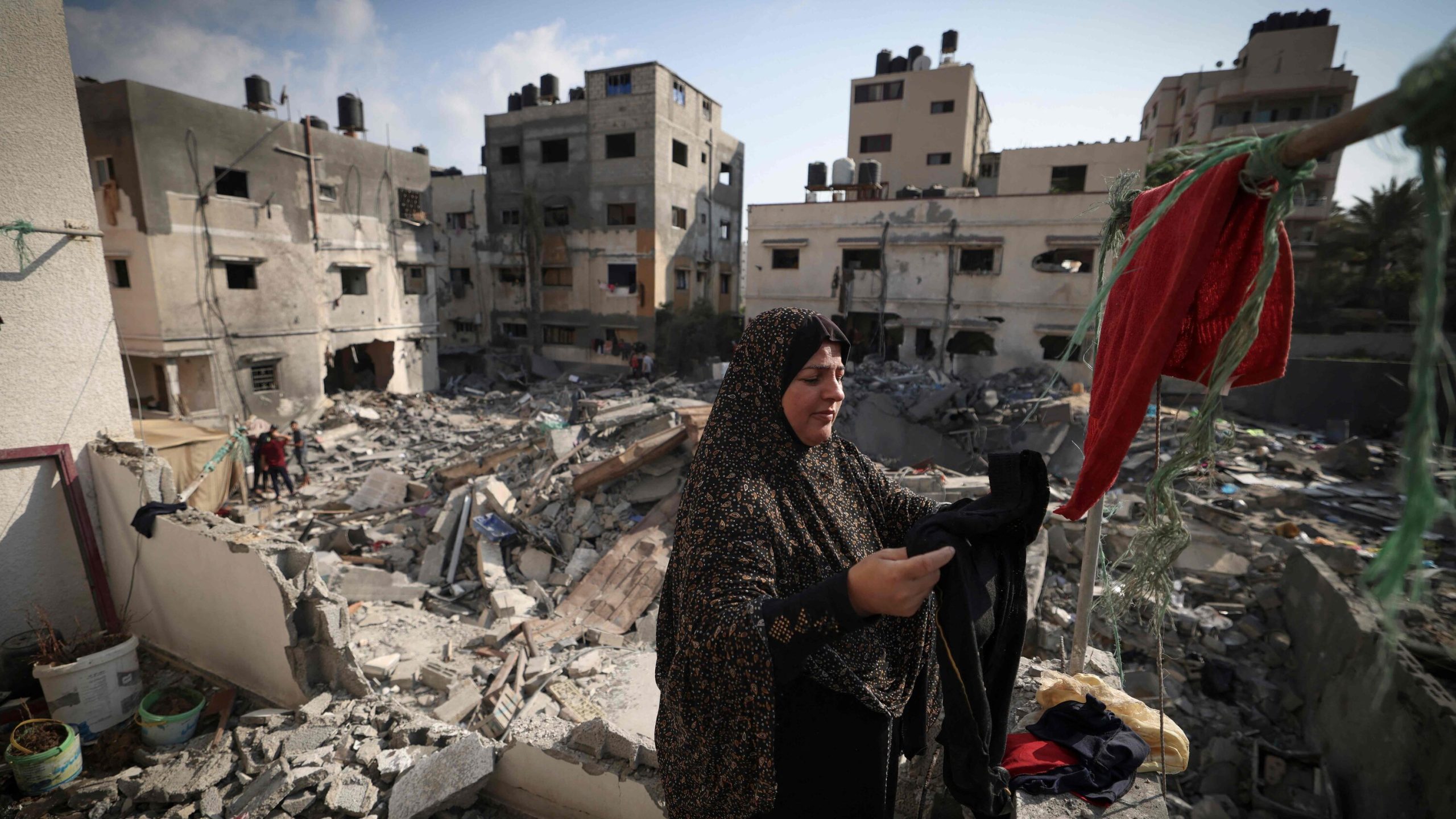
In a significant escalation, Israel conducted its first open airstrikes against Iranian military targets on Saturday, October 26, 2024. This action follows recent missile strikes launched by Iran against Israel earlier this month.
Iranian Response to Airstrikes
Iran has indicated that it may refrain from retaliating against Israeli attacks if a ceasefire is established in the ongoing conflicts in Gaza and Lebanon. In a carefully crafted statement, the Iranian military affirmed its right to respond to Israeli aggression but suggested that a ceasefire could take precedence over retaliation.
According to the Iranian military, Israel utilized “stand-off” missiles launched from Iraqi airspace for these attacks, employing lighter warheads to reach their targets across three provinces in Iran. The strikes reportedly damaged several Iranian military radar sites, though many of these were already under repair.
Details of the Israeli Strikes
These airstrikes represent Israel’s first public military action against Iran. The Israeli military confirmed it targeted facilities associated with missile production and surface-to-air missile sites used against Israel. Fortunately, there was no immediate indication that critical infrastructure, such as oil or nuclear sites, was struck, which would have led to a more serious escalation of hostilities.
Iran’s state-run news agency reported that four military personnel were killed during the strikes, although their specific locations were not disclosed. The Iranian military noted that the strikes caused “limited damage.”
Mixed Signals from Iran
In a subsequent statement, Iran’s Foreign Ministry emphasized the nation’s right to self-defense against foreign aggression. Foreign Minister Abbas Araghchi asserted that Iran has “no limits” in defending its national interests, hinting at a potential escalation in the ongoing conflict between the two nations.
However, the tone shifted later in the day as Iran’s military suggested that it might choose not to retaliate if Israel scales back its operations in Gaza and Lebanon. This indicates a possible desire from Tehran to avoid further escalation in the already tense situation.


